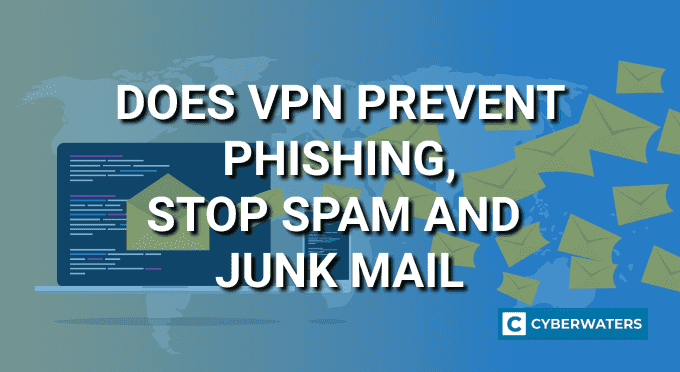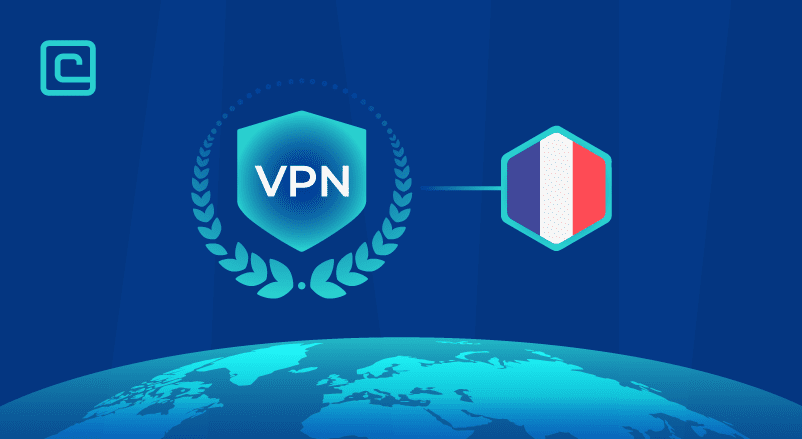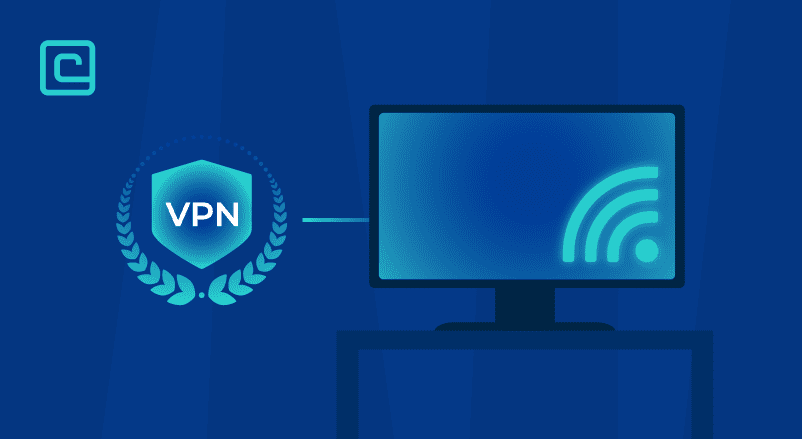Does VPN Prevent Phishing, Stop Spam and Junk Mail?

Are you curious if a VPN can clean up your online world? Can it stop spam, cut down on junk mail, and protect you from phishing and other cyber threats?
Cyber threats often start with emails. Some shady sites collect email addresses to sell to spammers and hackers. They send us lots of junk mail, including phishing emails.
What is Phishing?
Phishing is a simple yet widespread cybercrime. It doesn’t need fancy hacking skills. It’s like an old trick played in the digital world. Phishing emails look like they’re from trusted places like banks or social media. They have links to fake sites that try to steal your info.
Phishing can also hide in ads and pop-ups. These can link to sites full of malware and viruses.
Test Your VPN Knowledge – Take A Quiz!
Can a VPN Prevent Phishing?
No software can completely stop phishing attacks, which are always changing. But, the right VPN can help prevent phishing attacks. Basic VPNs offer some protection, but advanced ones have more tools to keep you safe. Here are five ways a VPN can help.
How a VPN Can Prevent Phishing
1. Blocking Malicious Websites
Some VPNs, like NordVPN, have features to block bad sites. If you click a phishing link, it might warn you. They keep a list of known phishing sites to protect you.
2. Blocking Pop-ups and Ads
Clicking on ads can lead to phishing sites. Some VPNs come with ad-blockers. These block ads from bad sites or block all ads.
3. Encrypting Connections
A VPN encrypts all your internet traffic. This means hackers can’t see what you’re doing or steal your data, even on public WiFi.
4. HTTP, HTTPS, and VPN
Many think HTTPS sites are safe from hackers. HTTPS encrypts some traffic, but it’s not perfect. The best protection is a secure VPN connection.
5. Protecting Your Email Address
Most phishing attacks start with emails. But how do hackers get your email? They often use unsecured web traffic.
Will a VPN Stop Spam?
A VPN makes your web traffic safe. It keeps you away from bad websites. This can help block spam.
Even though a VPN isn’t made to block spam, it keeps your data safe. This helps keep your email address from spammers.
Does a VPN Reduce Junk Mail?
A VPN isn’t made to filter out email spam. But, it does increase your online security. This can help reduce junk mail.
It might not stop all junk mail, but it helps keep your info private.
Conclusion
A VPN alone can’t filter out email spam. But, it can stop phishing attacks by blocking bad websites and ads. It also encrypts your communications, keeping your email safe from hackers.
Not all VPNs block malware and ads to reduce junk mail. NordVPN, AtlasVPN, or Surfshark are good for blocking trackers, ads, and bad websites.
VPN Expert, BEng in Network Engineering

